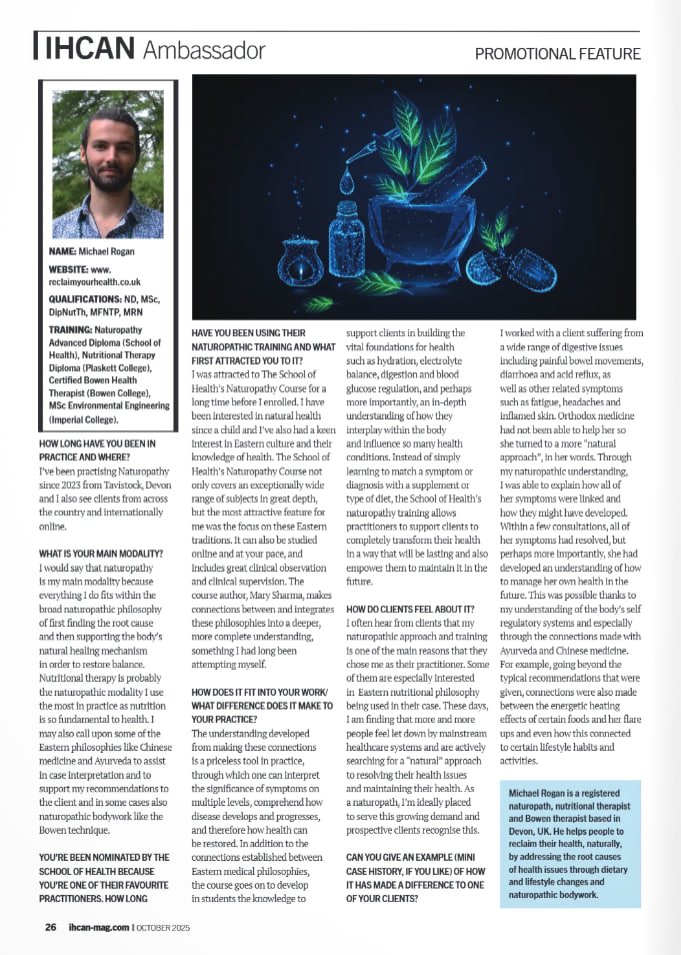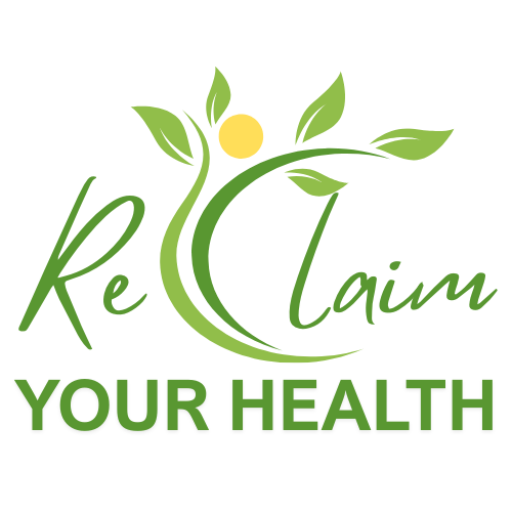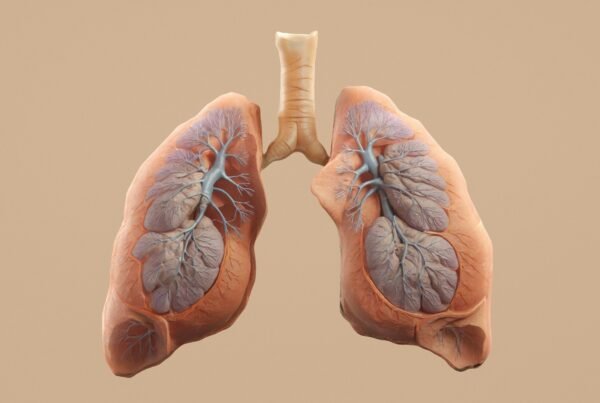I was pleased to be featured in the October edition of Integrative Healthcare & Applied Nutrition (IHCAN) magazine, one of the leading magazine for the practice and science of natural medicine. My article follows.
What is your main modality?
I would say that naturopathy is my main modality because everything I do fits within the broad naturopathic philosophy of first finding the root cause and then supporting the body’s natural healing mechanism in order to restore balance. Nutritional therapy is probably the naturopathic modality I use the most in practice as nutrition is so fundamental to health. I may also call upon some of the Eastern philosophies like Chinese medicine and Ayurveda to assist in case interpretation and to support my recommendations to the client and in some cases also naturopathic bodywork like the Bowen technique.
You’re been nominated by the School of Health because you’re one of their favourite practitioners. How long have you been using their naturopathic training and what first attracted you to it?
I was attracted to the School of Health‘s naturopathy course for a long time before I enrolled. I have been interested in natural health since a child and I’ve also had a keen interest in Eastern culture and their knowledge of health. The School’s naturopathy course not only covers an exceptionally wide range of subjects in great depth, but the most attractive feature for me was the focus on these Eastern traditions. The course author, Mary Sharma, makes connections between and integrates these philosophies into a deeper, more complete understanding, something I had long been attempting myself.
How does it fit into your work/what difference does it make to your practice?
The understanding developed from making these connections is a priceless tool in practice, through which one can interpret the significance of symptoms on multiple levels, comprehend how disease develops and progresses, and therefore how health can be restored. In addition to the connections established between Eastern medical philosophies, the course goes on to develop in students the knowledge to support clients in building the vital foundations for health such as hydration, electrolyte balance, digestion and blood glucose regulation, and perhaps more importantly, an in-depth understanding of how they interplay within the body and influence so many health conditions. Instead of simply learning to match a symptom or diagnosis with a supplement or type of diet, the School of Health’s naturopathy training allows practitioners to support clients to completely transform their health in a way that will be lasting and also empower them to maintain it in the future.
How do clients feel about it?
I often hear from clients that my naturopathic approach and training is one of the main reasons that they chose me as their practitioner. Some of them are especially interested in Eastern nutritional philosophy being used in their case. These days, I am finding that more and more people feel let down by mainstream healthcare systems and are actively searching for a “natural” approach to resolving their health issues and maintaining their health. As a naturopath, I’m ideally placed to serve this growing demand and prospective clients recognise this.
Can you give an example (mini case history, if you like) of how it has made a difference to one of your clients?
I worked with a client suffering from a wide range of digestive issues including painful bowel movements, diarrhoea and acid reflux, as well as other related symptoms such as fatigue, headaches and inflamed skin. Orthodox medicine had not been able to help her so she turned to a more “natural approach”, in her words. Through my naturopathic understanding, I was able to explain how all of her symptoms were linked and how they might have developed. Within a few consultations, all of her symptoms had resolved, but perhaps more importantly, she had developed an understanding of how to manage her own health in the future. This was possible thanks to my understanding of the body’s self regulatory systems and especially through the connections made with Ayurveda and Chinese medicine. For example, going beyond the typical recommendations that were given, connections were also made between the energetic heating effects of certain foods and her flare ups and even how this connected to certain lifestyle habits and activities.
Michael Rogan is a registered naturopath, nutritional therapist and Bowen therapist based in Devon, UK. He helps people to reclaim their health, naturally, by addressing the root causes of health issues through dietary and lifestyle changes and naturopathic bodywork.
If you would like personalised guidance and support with your health, consider consulting with me. Click here to learn more.




